Best Protein To Build Muscle
Protein is an important nutrient that plays a key role in developing and repairing muscle tissue. When you engage in strength training exercises, you break down muscle fibers, which then need protein to repair and grow larger and stronger. Consuming adequate protein is crucial for maximizing muscle growth and achieving your fitness goals.
Anatomy of Muscle
Each skeletal muscle consists of thousands of muscle fibers surrounded by connective tissue sheaths. The individual bundles of fiber in a skeletal muscle are known as fasciculi.
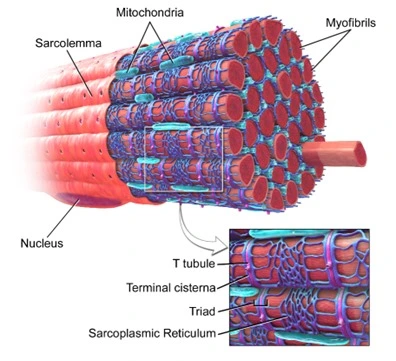
- The outermost connective tissue sheath surrounding the whole muscle is known as epimysium.
- The innermost sheath around individual muscle fiber is known as endomysium.
- The connective tissue sheath wrapping each fasciculus is known as perimysium
Each fiber of muscle is composed of several myofibrils containing many very myofilaments.
What is Protein?
Proteins are large, difficult molecules that play many critical roles in the body. They do most of the work in cells and are required to function, structure, and regulate the body’s tissues and organs.
Proteins are made up of hundreds or thousands of smaller units called amino acids, which are attached and become along chains.
Proteins are the primary building blocks of muscles. ‘Actin and myosin’ two are protein molecules found in muscles that are primarily responsible for muscular contraction in both human and animal bodies.
Actin and myosin
Actin and myosin are both proteins that are present in all types of muscle tissue. The interplay of bulky myosin filaments and thin actin filaments is what causes muscle contractions and relaxation movement. Myosin is a form of molecular motor that transforms ATP’s chemical energy into mechanical energy. The actin filaments are subsequently pulled along by the mechanical energy, causing muscle fibers to contract and generate any type of movement.
What is the relationship between protein and muscle?
Proteins are very needful nutrients for the human body. They are one of the primary building blocks of body tissue and can also serve as a fuel source. Protein is the only macronutrient nutrient that does not have an inactive compound to serve as a reservoir.
These nine amino acids that humans cannot produce on our own are called essential amino acids (EAAs).
Essential amino acids (EAA) are Tryptophan, valine, phenylalanine, histidine, isoleucine, leucine, lysine, methionine, and threonine.
Protein is an essential nutrient in building muscle because the amino acids (the building blocks of protein) help repair and maintain muscle tissue. After a workout, protein helps you recover from workouts because muscles slightly tear during workout exercise.
Why Protein Is essential to increase muscle bulk?
To increase muscle bulk, your body has to synthesize more muscle protein than it breaks down during workload, which is why anyone looking to build muscle needs to make sure they’re getting sufficient protein, as well as making sure they’re putting to work in on the gym floor.
How much protein does a person need?
The amount of protein a person needs depends on their age and sex, but most adults on a 0.2-Kcal diet will need 50 grams (g) of protein a day.
Anywhere from 10% to 35% calories of your total daily calories should come from protein. So if a person needs 2Kcal, that’s 0.2–0.7 Kcal from protein or around 50–175 grams.
So if your needs are 0.2Kcal, that’s 0.2–0.7 Kcal from protein, or 50–175 grams
What are the best protein sources?
A person can have their daily protein needs by eating animal and plant-based protein sources.
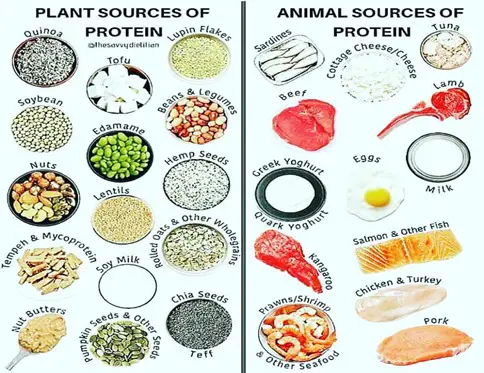
Plant-based protein sources include:
- Legumes and beans
Hours beans, turtle beans (and others like butter beans), and Bengal grams are all high-protein options with carbs and valuable vitamins and minerals. Plus, you’ll get more benefits from their high fiber content.
It’s a great source of protein for increasing muscle mass and providing energy. Not only is it cheap and adaptable, but when you pair rice with beans/lentils/Bengal grams you get all nine of your essential amino acids
- Pea protein
if you’re looking for a high-mount source of protein, peas might be the way forward. About 24 grams of protein are found in one scoop of pea protein powder.
Because it’s easy to metabolize and is a complete protein, it’s an easy choice for anybody with dietary restrictions and can be useful for an after-workout meal too.
- Quinoa
Half a cup of quinoa gives 18 grams of carbs. But on top of that, it also produces 4 grams of protein. On top of that, it’s a complete protein and holds plenty of valuable nutrients.
- Hemp seeds
If you are looking for more vegetarian and vegan protein sources for building muscle mass, it is the best choice for that. They are still another source of complete protein which is lactarian, and only three spoons of these little powerhouses provide 9 grams of protein.
They give plenty of omega-3 fatty acids and omega-6 fatty acids, which can decrease muscle recovery time and reduce inflammation.
- Soy products
Soy is a complete protein source, which makes it a good choice for vegans and fruitarians. This goes for all forms of soybean: edamame, soy protein powder, and even soy milk, tofu, and tempeh. Raw soybeans offer a whopping 36g of protein from 100g of beans.
Animal-based protein sources include:
- Eggs
There is no doubt that eggs are large sources of protein, providing around 6g per large egg
If you regularly eat them, you can also raise the protein amount while limiting calories and cholesterol by taking out the yolk on every other egg
- Chicken breast
It transmits healthy carbs, a lot of vitamins, and great old protein without other calories. Chicken breast is an excellent source of protein for people trying to increase muscle bulk.
It gives around 27 grams of protein, 0 grams of carbs, and 3 grams of fat. That makes it a healthy source of protein which is easy to find, easy to cook, and very adaptable.
- Salmon
A 3-ounce serving of salmon contains inaccurately 22 grams of protein, 0 grams of carbs, and 7 grams of fat. Salmon is an easy source of protein that also gives omega-3 fatty acids, which can decrease muscle recovery time and make less inflammation
- Lean beef
A 3- small amount of serving of beef contains nearly 22 grams of protein, 0 grams of carbs, and 9 grams of fat.
Lean Beef is a great source of protein and necessary amino acids, but it can be high in hydrogenated fat.
- Whey protein
Whey protein is a high amount source of protein for after your workout. This is because it is much protein that contains alanon, which is important in the muscle protein synthesis process. One serving of whey protein powder typically has around 24 grams of protein.
How much protein will become harmful?
Doctors generally agree that healthy adults can safely stand with a long-term protein intake of up to 2 gm of body weight per day without any other harmful effects. However, such groups of people, such as healthy, well-drilled athletes, may tolerate up to 3.5 g per kg of body weight.
Table 1: Humans of all ages’ dietary protein needs
| Group | Age (years) | Dietary requirements of protein (g per kg body weight per day) | |||
| IOMa | FAO/WHO/UNUb | ||||
| 2005 | 1985 | 2007 | |||
| Infants | 0.3–0.5 | 1.52 | 1.75 | 1.31 | |
| 0.75–1.0 | 1.50 | 1.57 | 1.14 | ||
| Children | 1–3 | 1.10 | 1.18 | 1.02 | |
| 4–8 | 0.95 | 1.05 | 0.92 | ||
| Adult | 9–13 | 0.95 | 0.99 | 0.90 | |
| 14–18 (boys) | 0.85 | 0.97 | 0.87 | ||
| 14–18 (girls) | 0.85 | 0.94 | 0.85 | ||
| Adults | ≥19 | 0.80 | 0.75 | 0.83 | |
Most research suggests that eating more than 2 g of protein per kg of body weight per day can cause health issues over time.
Table 2 Safe upper limits and recommended values of dietary protein intakes by healthy humans.
| Group | Safe upper limits of dietary protein intake | Recommended values of dietary protein intake | |||
| Value | Ref. | Value | Ref. | ||
| a Values are given in grams per kg of body weight for every day. | |||||
| Infants (0.3 to 1 year) | 4.7 | 91 | 1.5 | 26 | |
| Children (1 to 3 years) | 5.1 | 92 | 1.1 | 26 | |
| Adults (>18 years of age) | 3.5 | 95-97 | 1.0–1.6 | 35, 36, 49 | |
| Minimal physical activity | 1.0 | 35, 36 | |||
| Moderate physical activity | 1.3 | 49 | |||
Sufficient consumption of high-quality protein is needed for optimal growth, development, and health in humans and animals. An appropriate mixture of animal- and plant-based foods is a practical way to make certain balanced provision of dietary AA for the young and the adult persons. There is not a fixed amount of protein intake that suits all the people in every age group. People should adjust their protein and other nutrient intake according to their metabolic rates, physiological needs, and health status.
Over amount of protein leads to ….
Symptoms of an overdose of protein intake include:
- Intestinal discomfort
- Nausea
- Dehydration
- Muscle fatigue
- Weight gain
- Irritation
- Headache
More severe risks of overconsumption of protein include:
- Heart disease
- seizures
- kidney and liver injuries
- death
Summary
The best protein to build muscle is highly digestible and contains all nine essential amino acids. Whey protein is a popular choice for muscle builders. Other sources of protein for muscle build are as follows:
- Egg protein: Egg protein is a complete protein that is also highly digestible.
- Meat protein: Meat protein is a good source of protein, but it is important to choose lean meats to avoid consuming too much-saturated fat and cholesterol.
- Fish protein: Fish provides omega-3 fatty acids, which are beneficial for overall health.
- Plant protein: Plant protein is a good option for people who are vegetarian or vegan.
For muscle building, it is essential to consume enough protein throughout the day. Aim for 20-30 grams of protein per meal, and include a source of protein at every snack.
You may also want to consider taking a protein powder supplement, especially if you are struggling to meet your protein needs through food alone.
FAQs
Why protein is important for bulking?
Protein is necessary for muscle development because it is one of the building elements of muscular tissue. Adequate nutrition aids in muscle maintenance and supports muscle growth and regeneration, particularly after resistance training.
How does protein affect muscle mass?
When combined with resistance training, increased protein intake adds to greater strength and muscle mass growth, allows for greater muscle mass maintenance during periods of negative energy balance, reduces age-related muscle loss, and, to a lesser extent, offers greater muscle.
What’s the connection between protein and muscle?
Protein and amino acid consumption promotes muscle protein synthesis significantly, and the digested and absorbed proteins and amino acids also serve as structural components of muscle growth. Furthermore, resistance training promotes muscle protein synthesis and, as a result, increases muscle mass.
Which kind of protein helps you gain weight?
7 Greatest Supplements for Gaining Weight and MassMake sure the product you select will satisfy your needs and tastes and use a high-quality source of protein, such as whey, casein, egg, beef, pea, or brown rice.
Which protein gains muscle mass the quickest?
Whey: Since dairy proteins provide a sustained release of amino acids over an extended period of time, many athletes choose them over casein, which is thought to be a slower-acting protein. Whey is regarded as a “fast-acting” protein. But you don’t need animal proteins to gain muscle mass.
References
- Wu, G. (2016, January 1). Dietary protein intake and human health. Food & Function; Royal Society of Chemistry. https://doi.org/10.1039/c5fo01530h
- Brazier, Y. (2023, April 24). How much protein does a person need? https://www.medicalnewstoday.com/articles/196279#summary
- Wu, G. (2016, January 1). Dietary protein intake and human health. Food & Function; Royal Society of Chemistry. https://doi.org/10.1039/c5fo01530h

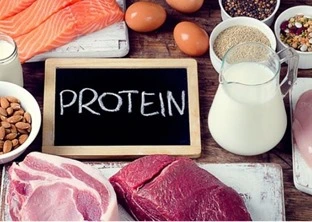
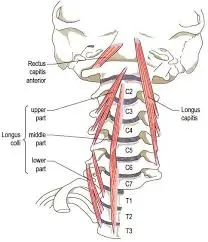
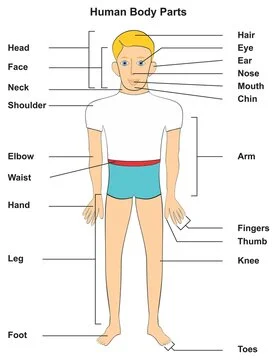
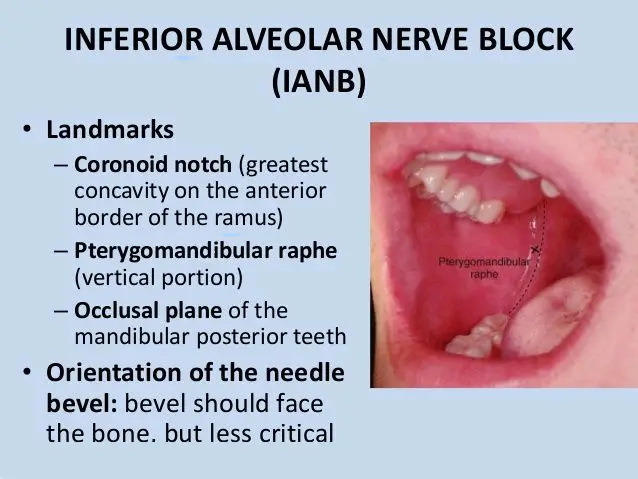
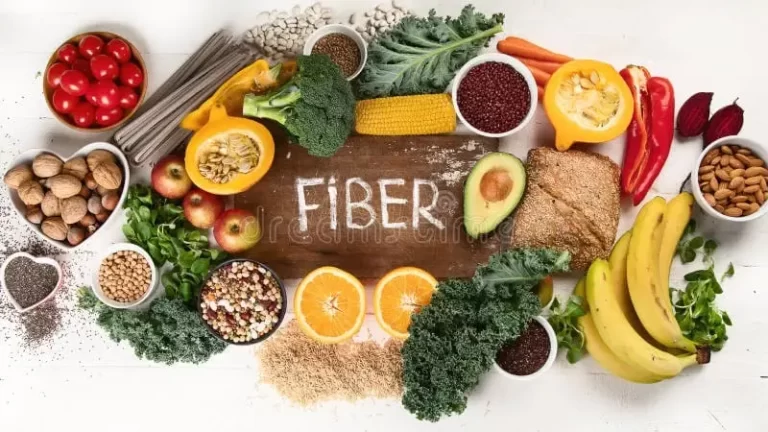
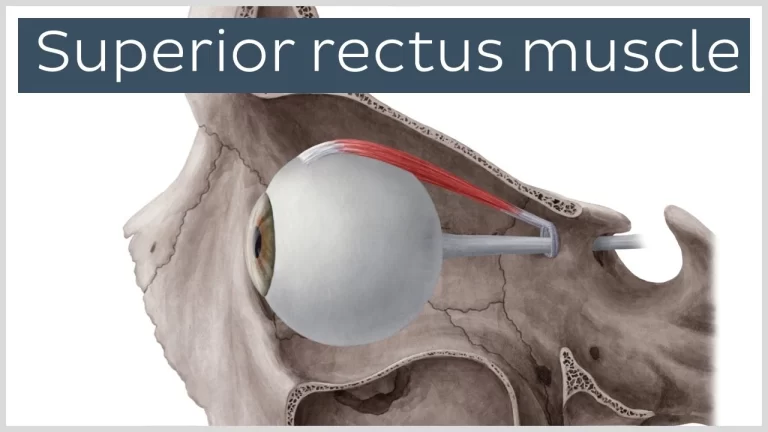
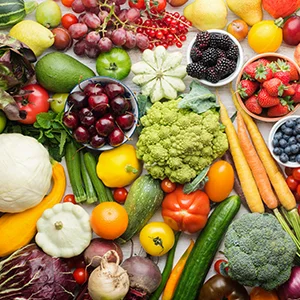
One Comment